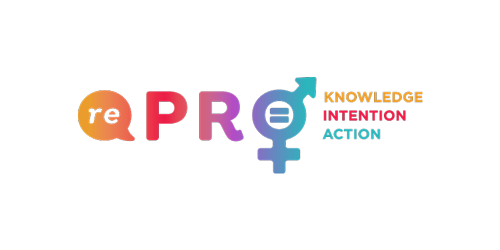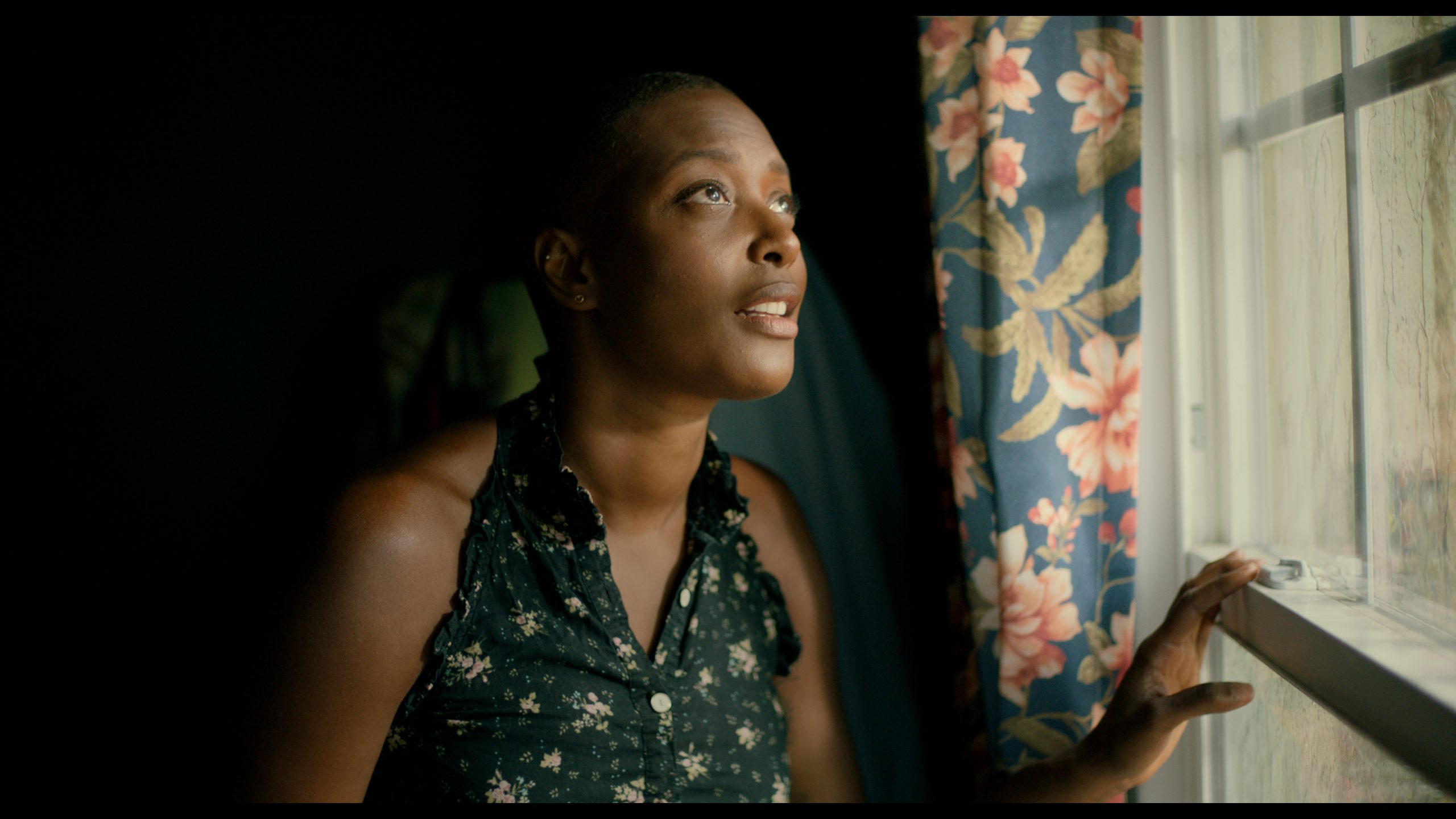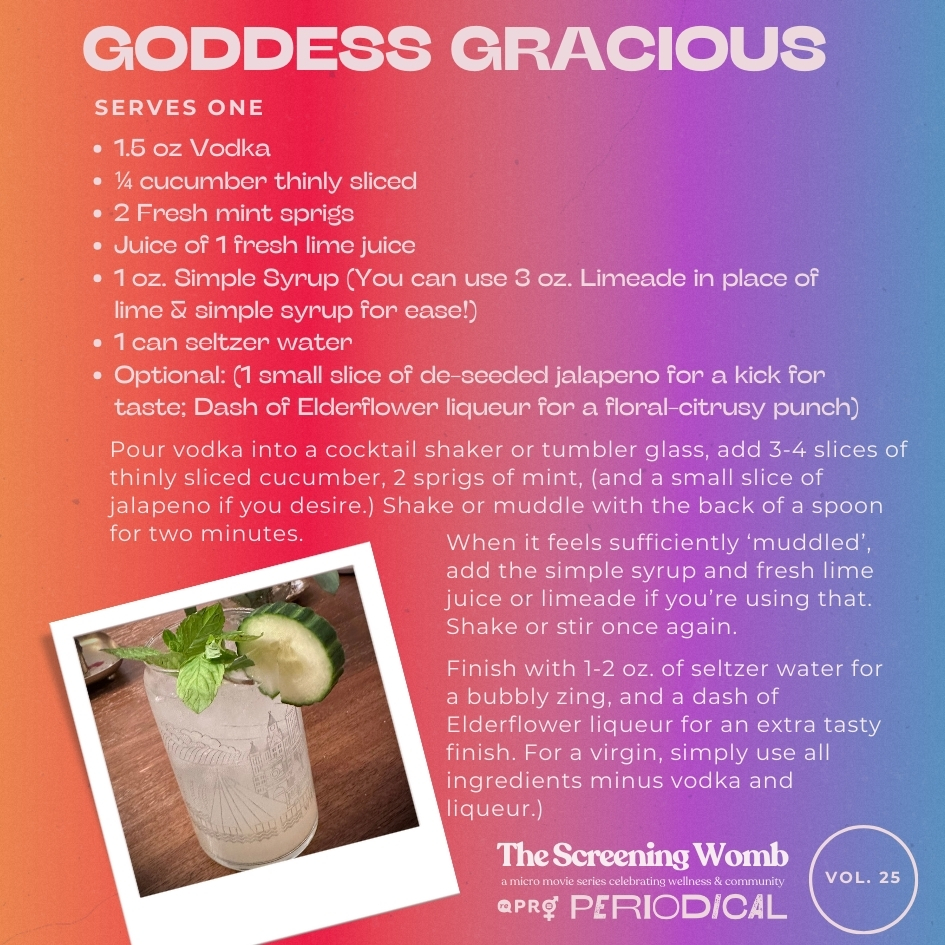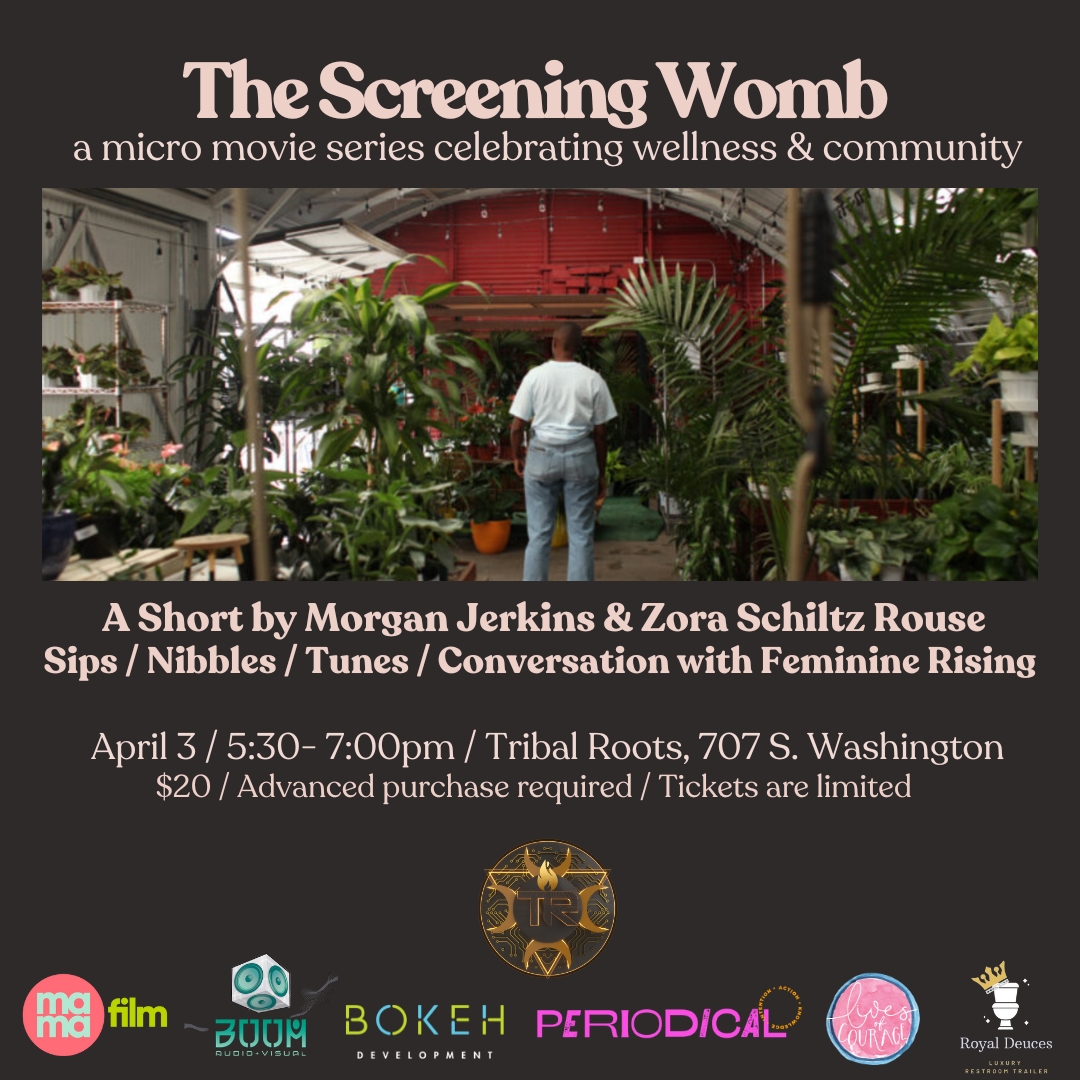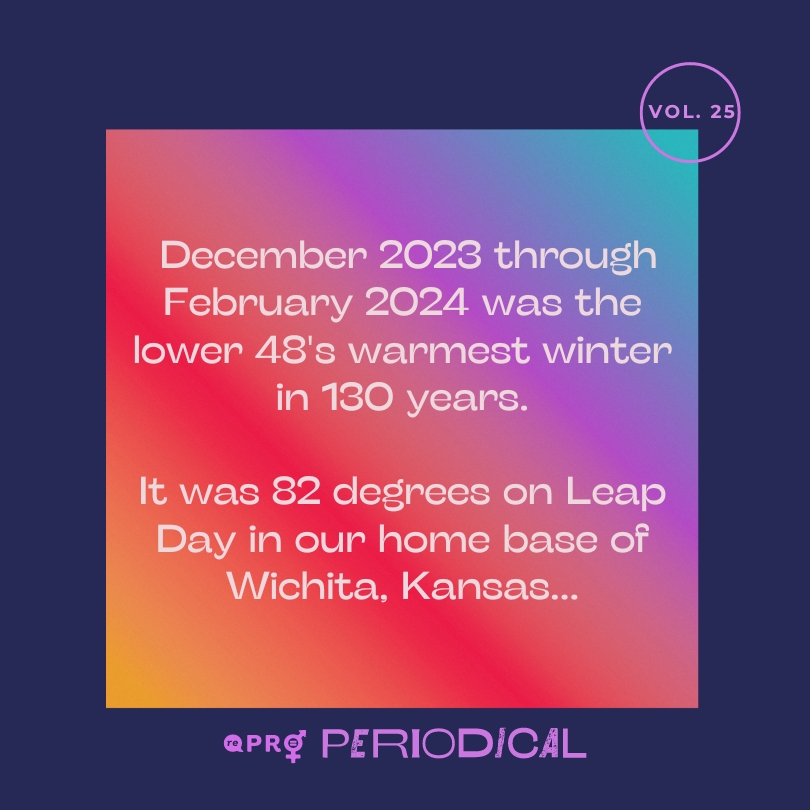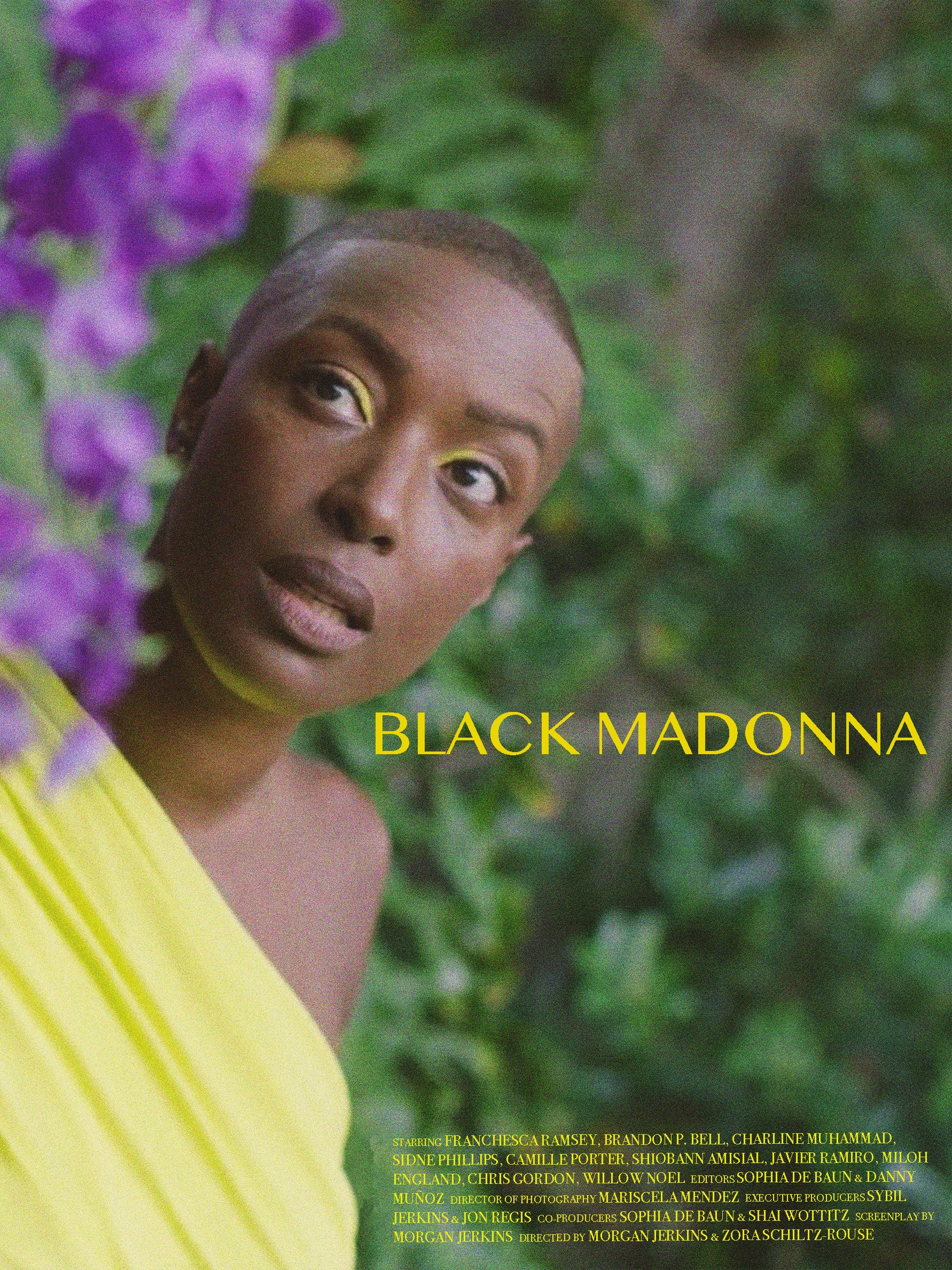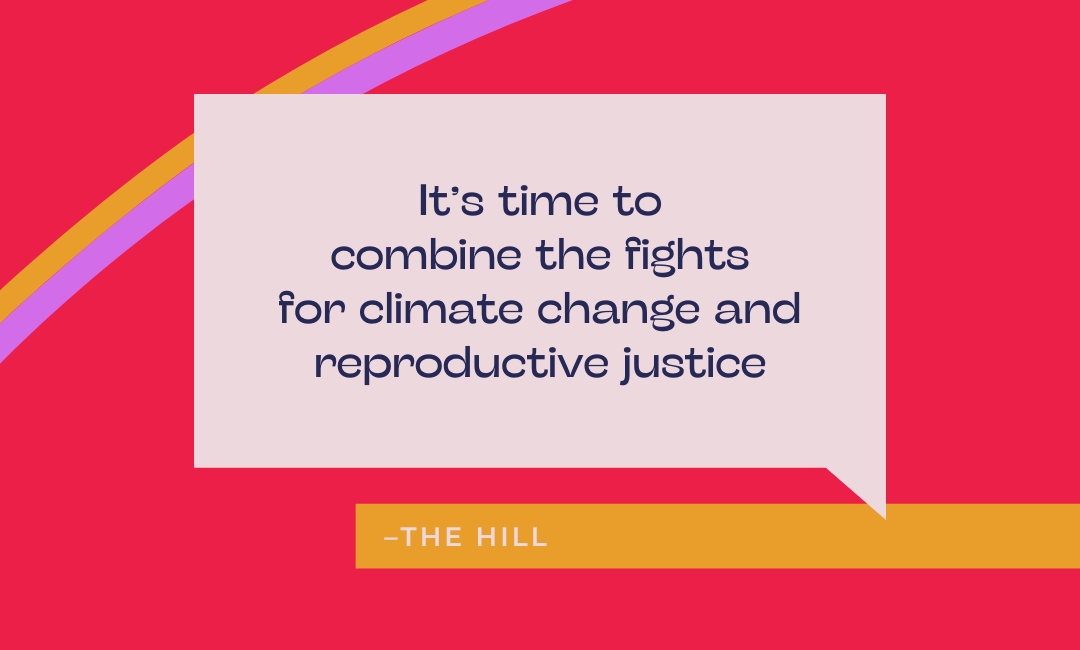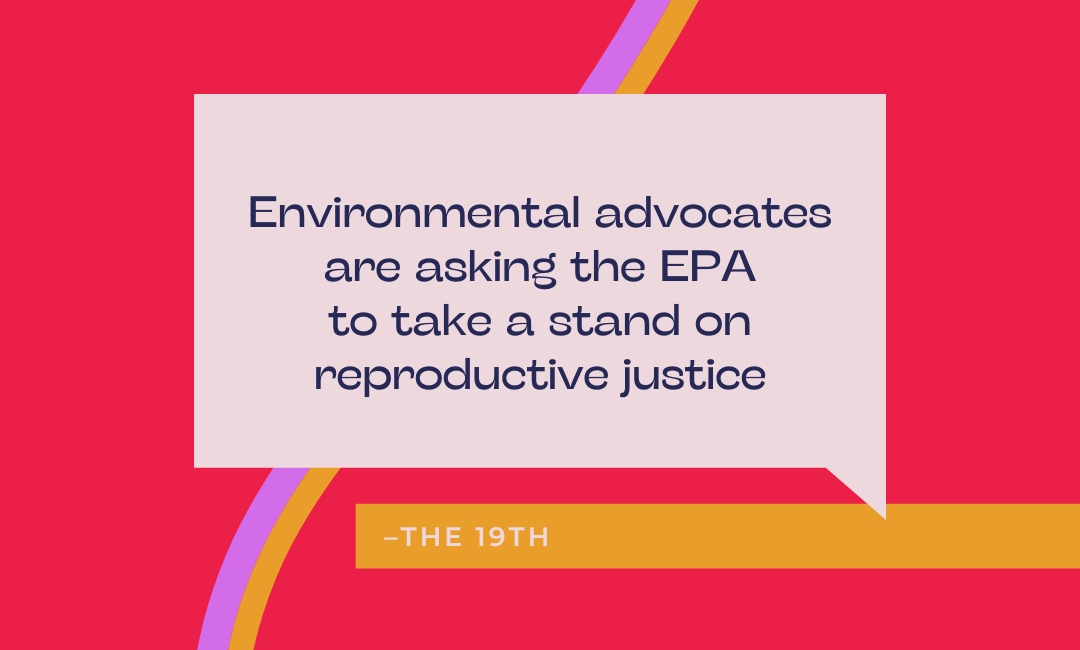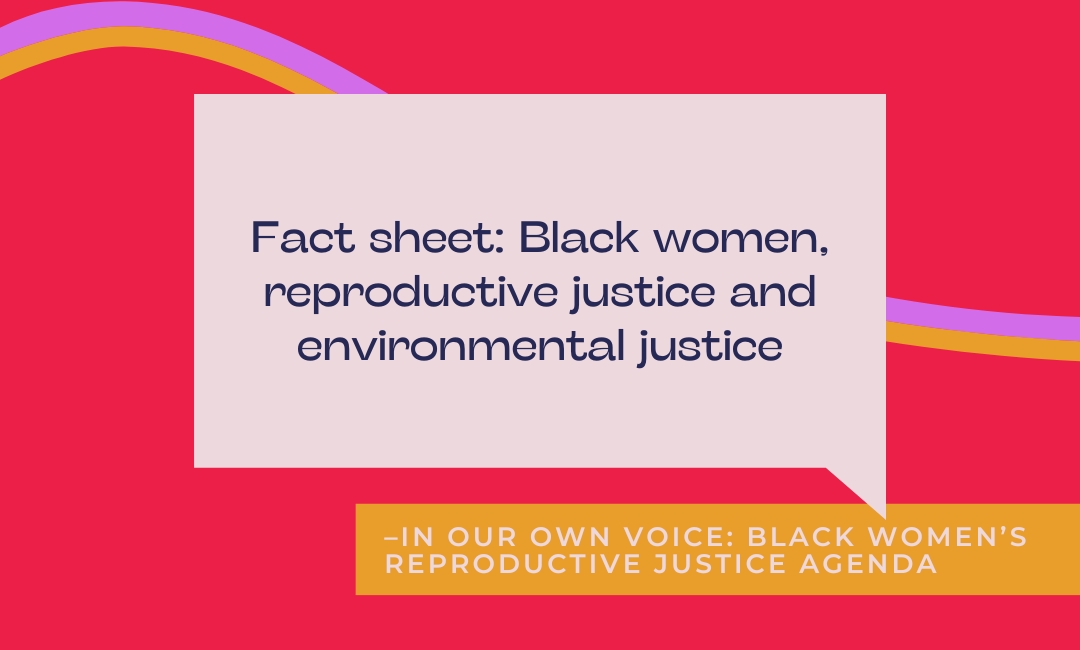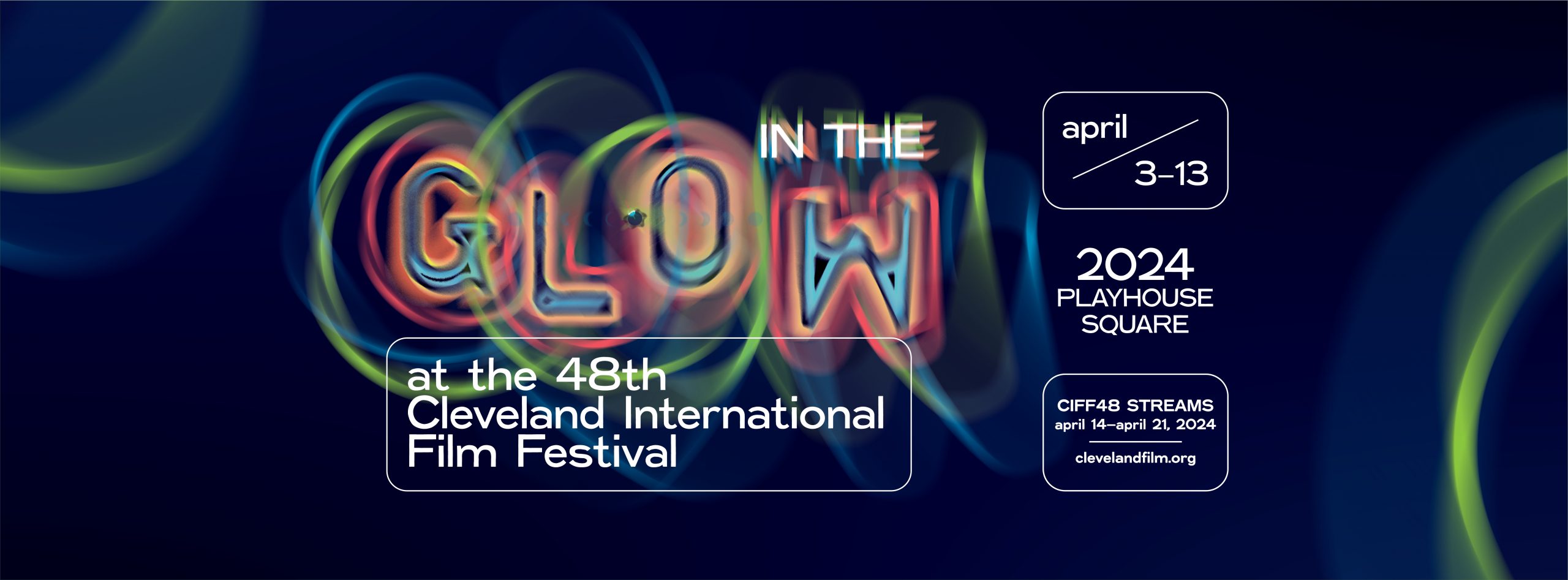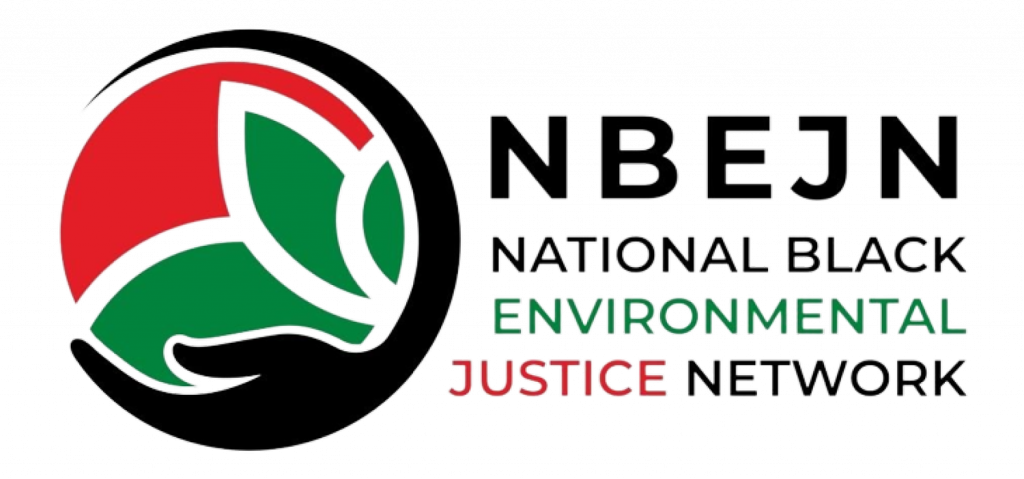Our community includes creatives & artists who are amplifying bodily autonomy through their work, audiences who applaud these stories and collaborative organizational partners with shared goals.

rePROFilm connects storytellers and advocates who celebrate bodily autonomy.
VOL. 25, CHAMPION:
YOU’RE GETTING WARMER
Our Vol. 25 short film selection “Black Madonna” connects the dots between reproductive and environmental justice. If you’ve watched the film and explored the resources we’ve shared, you’re probably beginning to see the connection, too.
Or, as we say when playing 20 Questions, “you’re getting warmer.”
Given our dismal reproductive justice landscape, it’s tempting to focus solely on issues such as abortion access and maternal health. But when we expand our vision to encompass other social justice movements, we get stronger and more powerful.
And most importantly, we create a better world for our children and theirs.
XO,
Team rePROFilm
VOL. 25, LEARN:
THERE IS NO PLANET B
December 2023 through February 2024 was the Lower 48’s warmest winter in 130 years. It was 82 degrees on Leap Day in our home base of Wichita, Kansas.
Reproductive justice and environmental justice may not seem like they go together, but when you think about it, they really do: SisterSong defines the former as “the human right to maintain personal bodily autonomy, have children, not have children, and parent the children we have in safe and sustainable communities.”
A safe and sustainable community has safe drinking water. Its children breathe clean air. It doesn’t suffer adverse effects from climate change. In order to achieve reproductive justice, we need environmental justice, too.
Both movements are also aligned in recognizing that poor and marginalized communities face greater consequences of reproductive and environmental justice. As we discuss this topic in Vol. 25 of the Periodical, we won’t forget that.
XO,
the rePROFilm Team
VOL. 25, WATCH:
A HOT TOPIC
Our Vol. 25 short film selection explores the relationship between climate change and motherhood through the eyes of Aziza, a Black environmental activist. An unexpected pregnancy forces her to weigh her desire to have a child against the environmental hazards she’s fighting against — hazards that disproportionately affect Black communities.
“Black Madonna” is one of the most ambitious titles we’ve ever screened, and we had a powerful experience watching it with members of our community tonight at the Screening Womb in Wichita. The post-conservation underscored one of the themes of the film: deciding whether or not to be a parent is complicated, and we could all do a better job of listening to one another.
Now you can watch “Black Madonna” for yourself, then listen to co-directors discuss their intent and their process on the Periodical Podcast. It’s a convo you won’t want to miss.
XO,
Team rePROFilm
VOL. 25, LISTEN:
STEP INTO MOTHER EARTH
We’re bringing you two ways to tune into the topic of environmental justice x repro justice in this issue of the rePROFilm Periodical:
🌎 On the Periodical Podcast, we introduce Morgan Jerkins and Zora Schiltz Rouse. They’re the co-directors of the rePROFilm Vol. 25 short film selection, which will hit your inbox April 3.
🌍 Our monthly playlist is a soulful reflection on the themes of environmental and reproductive justice.
XO,
Team rePROFilm
P.S. If you’re in Wichita, join us for the second edition of The Screening Womb, our pop-up movie hour celebrating wellness and community. April’s event takes place at the Tribal Roots Warehouse and includes a post-film conversation led by Feminine Rising. We can’t wait!

Directed by Morgan Jerkins and Zora Schiltz Rouse (21 minutes)
An unexpected pregnancy creates emotional turmoil for Aziza (Franchesca Ramsey), an environmental activist living in a troubled LA community.
Like many residents of low-income neighborhoods, she sees the consequences of climate change all around her. While her partner, friends and family are over the moon about the prospective new life, she can’t help but consider the implications of bringing a child into the world. It’s a lonely place to be.
We’ve never seen a storyline quite like this one, and the film could have easily taken a didactic turn. But co-directors Morgan Jerkins and Zora Schiltz Rouse take on a complicated topic deftly and with nuance.
Meet this month’s filmmakers: Morgan Jerkins and Zora Schiltz Rouse
While working as a journalist and editor, Morgan Jerkins noticed a trend: stories and personal essays about the ethics of having a baby in a world marked by rising temperatures and other indicators of climate change. But these stories, she noticed, were always written by white women. “I thought to myself, ‘well they’re not the most susceptible to violence, or erasure or lack of care. If anyone should be writing a lot of these stories, it should be black and brown women.’”
That recognition was the genesis of “Black Madonna.” In this inspiring conversation, Jerkins and her co-director Zora Schiltz Rouse discuss how they collaborated in order to bring Aziza’s story to life.
“I don’t personally believe you can extricate environmental issues from reproductive issues because if a mother is drinking polluted water, what is that going to do to her system? What is that going to do to the system of the baby that she’s housing? If she lives in an area where he can see noxious fumes being pumped into the air because of a nearby refinery, what is that going to do to her respiratory system? … If she lives in a food desert, what is that going to do to her strength? All of these things matter.” — Zora Schiltz Rouse

It’s time to combine the fights for climate change and reproductive justice
“Those concerned about reproductive and maternal health need to pay more attention to the climate crisis and other environmental disasters. And people concerned about our planet’s environment need to pay more attention to the increases in maternal and infant mortality,” write activists Skye Wheeler and Kelly Davis. Our right to a healthy environment, they argue, should be inextricably linked to safe abortion access, birth control, family planning and maternal health care.
(The Hill)
Environmental advocates are asking the EPA to take a stand on reproductive justice
“Lead exposure is resulting in lower fertility rates and a higher risk of stillbirth. Fracking is connected to higher rates of preterm birth and congenital heart defects in newborns. Chemicals like PFAS, commonly found in drinking water, can decrease fertility and have been linked to higher blood pressure in pregnant people.” These are among the reasons why activists are pushing the U.S. environmental regulatory body to address reproductive justice. This story will introduce you to the activists working on this issue —including Skye Wheeler, who co-wrote the opinion piece linked above.
(The 19th)
Fact sheet: Black women, reproductive justice and environmental justice
Are you a data junkie? Want to dive into the details? This rundown will give you all the facts (and citations) you’re looking for. Some are stunning: more than one third of Black women have had to boil water in order to safely drink it. It’s no wonder that “45% say having access to water has been a factor in deciding to become a parent.”
(In Our Own Voice: Black Women’s Reproductive Justice Agenda)
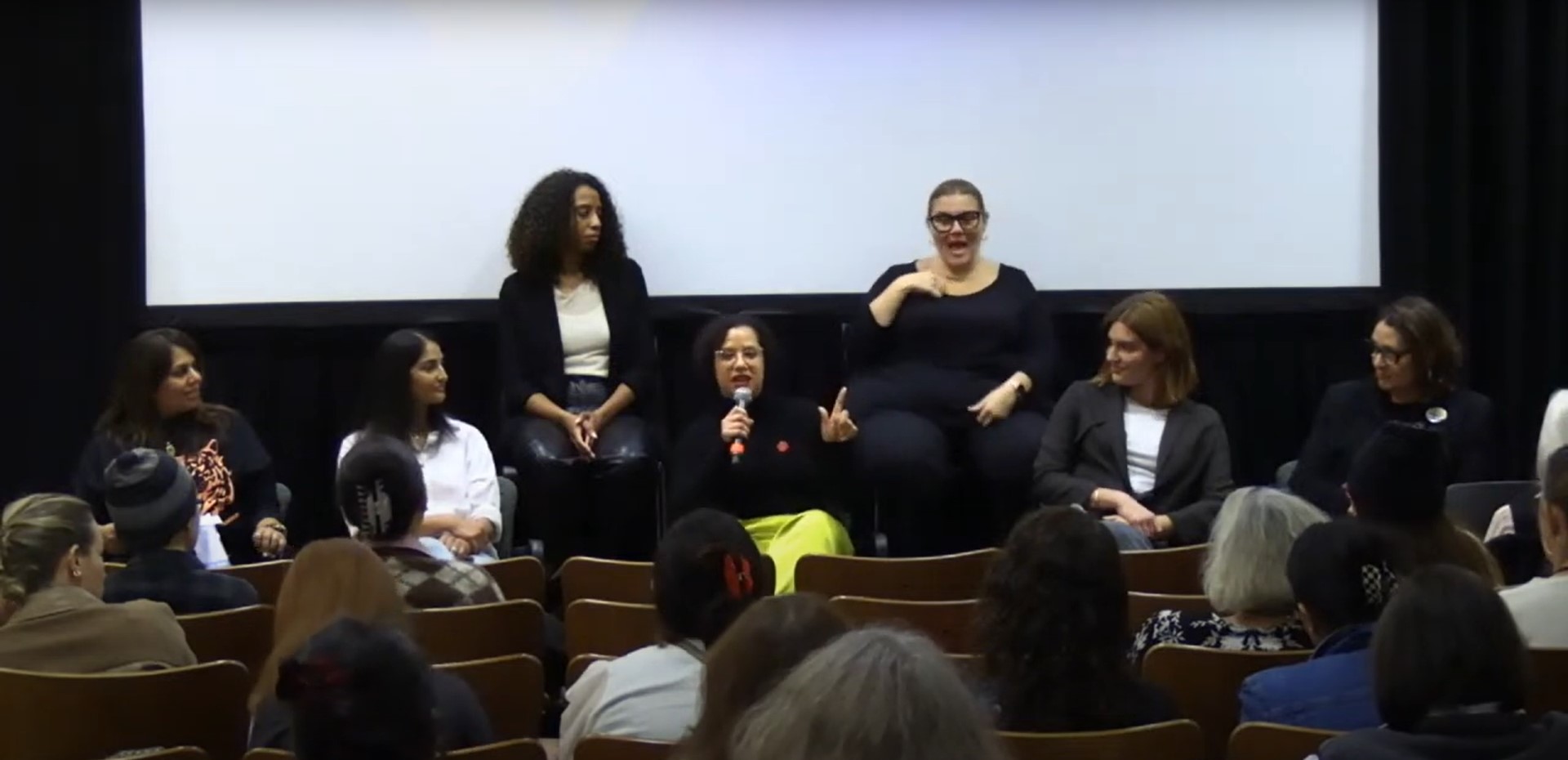
Abortion Storytelling: At Athena Film Festival
With Asha Dahya, Jess Jacobs, Renee Bracey Sherman & Ruth Leitman, moderated by rePROFilm co-founder Lela Meadow-Conner
Last weekend, we had the great privilege to take part in a panel at the Athena Film Festival focused on Abortion Storytelling. Panelists included rePROFiilm podcast host Asha Dahya, who also premiered her new short film “Someone You Know“; rePROFilm friend and alumna Jess Jacobs (“Choices”, “Plan C”), “the Beyoncé of Abortion Storytelling” and founder of We Testify Renee Bracey Sherman, and Director Ruth Leitman (‘No One Asked You’).
As abortion continues to make headlines around the world, it’s never been more imperative to embrace storytelling as a catalyst for cultural change around reproductive justice.
This powerhouse group of storytellers and activists delivered!
rePROFilm is honored to return as a Community Partner for the 48th Cleveland International Film Festival’s screening of PRECONCEIVED.
Tickets are on sale now at for both in person and virtual screenings. Use the Promo Code: REPRO for $1 off each ticket.
Directed by Sabrina Keane, PRECONCEIVED is a probing exposé on the anti-abortion movement. Women looking to terminate their pregnancies are lured into visiting Crisis Pregnancy Centers (CPC) with promises of testing and ultrasounds, only to be met with manipulation, junk science, misleading information, and weaponized faith.
PRECONCEIVED follows the stories of Maleeha and Maria and their experiences as clients of CPCs—or “fake clinics” as some refer to them—along with interviews with investigative journalists, doctors, and legislators who claim these centers use deceptive talking points and coercive methods to push religious views and the anti-abortion movement. Leaders of CPCs also weigh in on their mission and services, painting a complex picture of what these centers are all about. As the highly politicized issue of abortion continues to evolve, the film illustrates how critical it is to understand the full scope of which medical, mental, and emotional services are accessible to pregnant women.

Fear-Work-Love by DJ Teri Mott
The modern world is exhausting — the hunger, the hustle, the division — and we also insist on destroying the planet. Ugh.
Children don’t need this. But do we need them?
From Cat Stevens to Brittany Howard, our in-house DJ Teri Mott brings us a playlist reflecting generations of thinking on the environment, parenthood, and what it means to bring a child into the world. (Mercy me, indeed.)

Black Environmental Justice Network
Twenty-five years ago, more than 300 activists gathered to talk about environmental and health disparities in Black American communities. The Black Environmental Justice Network evolved out of this effort. The coalition includes Black organizations and activists like Aziza, the fictional protagonist of “Black Madonna.”
According to its website, coalition’s strategy is to “focus on raising awareness of the link between pollution and health, advocating for sustainable communities, and combating racially discriminatory environmental decision-making.”
During this volume of the periodical, we grew quite fond of Aziza. Even though she’s not a real person, we love that, if she were, this coalition would be there to support and amplify her activism.


rePROFilm endeavors to make our programming a safe, accessible and welcome place for anyone who wants to participate. We acknowledge that we have much to learn about creating this space, and welcome and and all feedback that can make us better aware and able to support all minds and bodies.
We are committed to screening films in accessible venues, and also understand that meeting ADA standards for accessibility does not actually mean a venue is actually accommodating for everyone. As best we can, we will offer a complimentary companion ticket to our film screenings as requested. For our virtual screenings, we ask all filmmaking teams to provide closed captioning, audio descriptions or open captions whenever possible. For any questions, please contact us at 323-810-6909 or help@reprofilm.org. We are here to do our best to make our programming as inclusive as possible.
